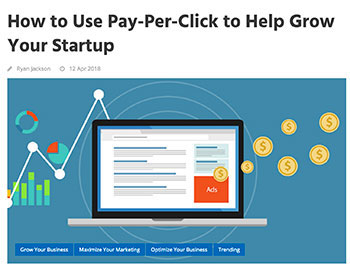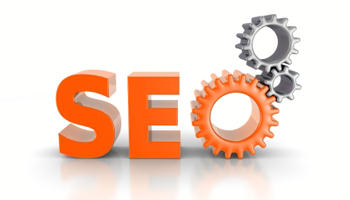

What is online marketing & why do it?
Did You Know...
Google have over 90% of the UK search market, the rest is hared between all of the other search engines.
25 million people search on Google each month in the UK alone
91% of internet users have used search engines to find the information they are looking for
Thats a huge market for your products & services that cant be ignored.
So what is online marketing & why do it?
Online marketing is the marketing of products & services on the internet. It covers many different activities, which include search engine optimisation (SEO), pay per click advertising (or sponsored links such as Google Adwords), email marketing, blogging & social media.
Online marketing ensures your website is found in online searches, across a wide variety of search media and it increases the traffic to your website. However, one of the most important things about online marketing is that it generates pre-qualified traffic. People have already made the decision to search for your products or services before they arrive at your website, since they are already actively searching on keywords relating to your products and services.
A highly visible website will enhance your company image online and raise the profile of your organisation, and last but not least, all of your online marketing activities will generate leads, enquiries & sales.
What should I include in my online marketing activities?
i. Search Engine Optimisation (SEO)
SEO will ensure your website is found in an online search on sites such as Google & Yahoo, for keywords relevant to the products and services that you sell. Its a long term strategy for your website, ensuring your web pages are optimised for success in the search engines. The optimisation process looks at several factors which include keyword research, the design & structure of a website, internal & external links and meta tags. It takes time for a website to rank in the search engines and search engines are now very fussy about giving sites high rankings unless they deserve it! Gaining high rankings is not easy and search is becoming more and more competitive.
ii. Pay per Click Advertising (PPC)
PPC is a great way to kick start your online marketing activities, particularly if you want quick results from the search engines and cant wait the months it can take to gain high rankings. Businesses pay for text ads to appear alongside search results on sites such as Google, Yahoo & MSN and every time someone clicks on one of the text ads, a fee is paid. How much you pay depends on how competitive the keywords are that you sponsor. The most popular PPC providers are Google Adwords, Yahoo Search Marketing & Microsoft AdCenter. You can set your budget so that you dont overspend on clicks.
iii. Email Marketing
Email is a great way of keeping in touch with your customers and prospects, and much, much cheaper than sending out printed newsletters. Emails can be used in all sorts of ways – to give tips and useful information, special offers & promotions and to keep your customers loyal to you. Make sure you build your list in house rather than buy in lists as most people view emails they havent subscribed to as spam. A well-crafted email, sent on a regular basis ensures your prospects dont forget about you and makes it easier to cross sell and up sell products & services.
iv. Blogs
A blog (or web log) is a website that is updated regularly with news and articles, a bit like an online diary but much more than that. Blogs are a very popular way for businesses and organisations to add regular content to their website and also interact with visitors to their website as people can actually comment on the blog posts. Comments can be moderated so you dont have to worry about unsuitable comments being put up.
There are lots of good reasons to start a blog:
o Search engine friendly – posts can be indexed and be found in searches quickly (a few days)
o Allow organisations to interact with their audience
o A very easy way of keeping a website up to date – posts can be put up quickly and easily without needing any technical expertise
o Visitors can subscribe to blog posts by email or by a feed
o Responsibility of the blog can be split between a few members of staff, so one person doesnt have the worry of keeping it up to date themselves.
o Gives you the opportunity to put your view on something, particularly if your organization is in the news – good for PR
o Some blog platforms are free – so low cost to experiment with
o Like SEO will raise profile of your organization online, allows your organisation to have a voice, good for publicity & PR.
Common blogging platforms include Blogger.com, Wordpress & Typepad.
v. Social Media
Social media is becoming increasingly popular and a great way for businesses to interact with their target market. As social sites explode in popularity, many businesses are seeing the benefits of finding the resource to be on them, gain fans, use social media for PR and find out what people really want from their products & services.
The most popular social media site is Facebook and My Space & Bebo are more popular with younger audiences. Twitter has really taken off in recent months too, & LinkedIn is popular with business professionals. All of these sites are free and allow businesses to further raise their profile online. But beware – social networking can be addictive!
For further information & advice on any of the above activities, please contact Sam McArthur, Forty First – www.forty-first.co.uk, or email sam@forty-first.co.uk. You can also find me blogging at Savvy Marketers, www.savvymarketers.co.uk
Sam McArthur
Forty First





As we cannot be experts in every relevant subject, we would love to receive 'guest' articles that may be of interest to anyone running their own business or thinking of doing so. ADD YOUR ARTICLE
